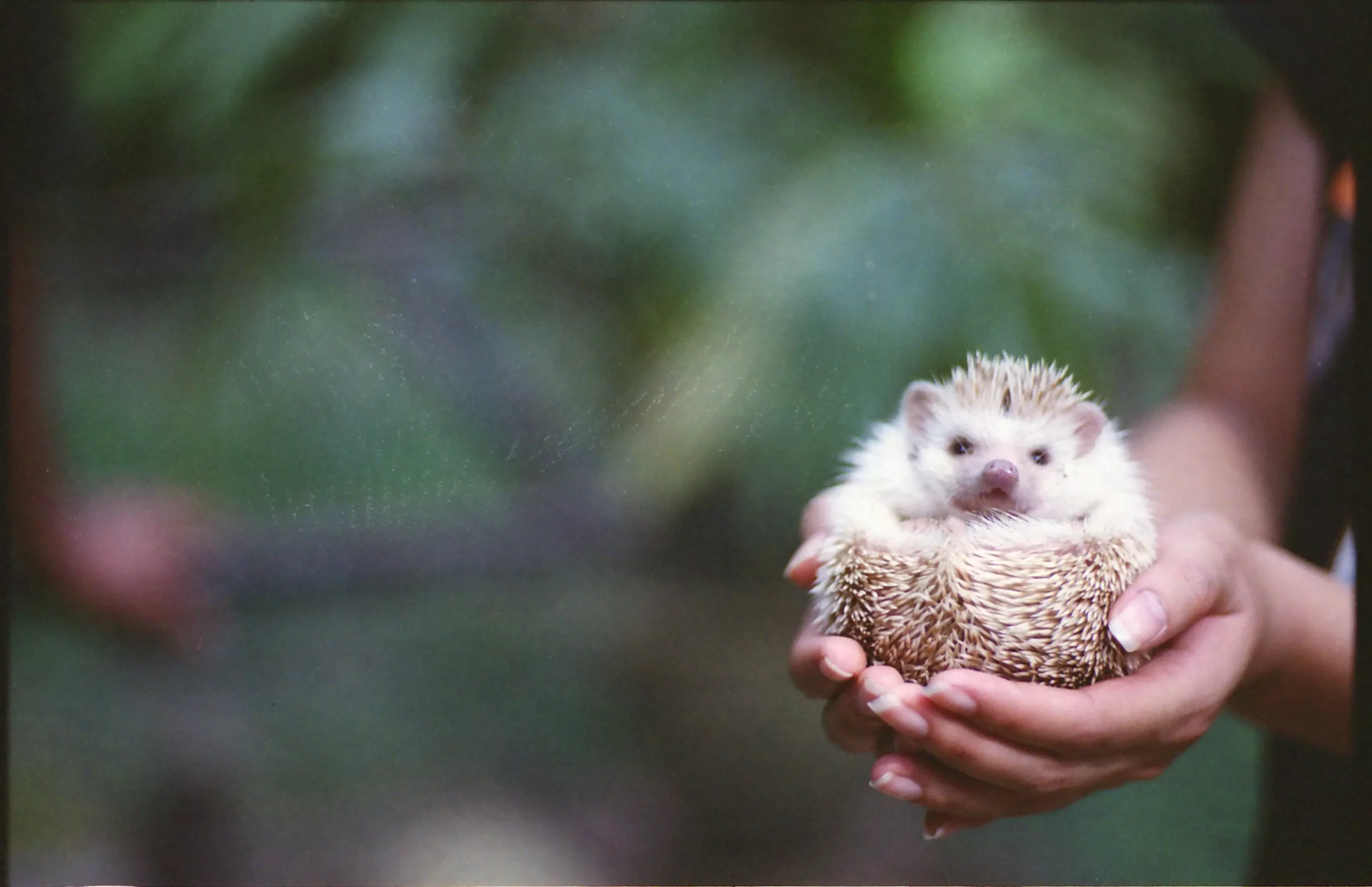The African pygmy hedgehog has garnered significant interest as a pet in recent years. With their charming appearance and relatively low noise level, they have become appealing companions for many. However, before considering one of these intriguing creatures as a pet, potential owners should be aware of their specific needs, behaviors, and the level of commitment involved in their care.
The African pygmy hedgehog, known scientifically as *Atelerix albiventris*, is the smallest species among hedgehogs. These adorable nocturnal creatures typically measure between 6 to 8 inches in length and weigh around 8 to 21 ounces. Importantly, despite their spiny coats, they are generally friendly and can be safely handled. The unique structure of their spines, which are smooth rather than sharp like those of porcupines, allows them to be approachable pets. They do not pose significant danger when appropriately cared for.
When considering these hedgehogs, potential owners will be delighted to learn of the diversity in their coloring. Available in various patterns and colors, including salt and pepper, snowflake, and cinnamon, each hedgehog presents a unique aesthetic appeal. This variety does not affect their care but adds to the joy of owning one.
Caring for an African pygmy hedgehog involves much more than simply providing housing and food. These creatures require a moderately complex setup to thrive. Ideal housing includes an enclosure that measures a minimum of 2 feet wide by 4 feet long, and it is always best to opt for larger spaces when possible. The enclosure should feature a smooth floor to prevent injury, and that must also offer adequate ventilation with a secure lid to protect them from predators.
The interior of their habitat should include a hiding box for security, as hedgehogs are naturally solitary and prefer their own space. They tend to exhibit behaviors such as the peculiar “self-anointing” process—frothing at the mouth and spreading saliva across their backs— when exposed to new scents. While this behavior may seem strange, it is believed to be a form of stress relief or an instinctive way to protect themselves.
Hedgehogs are also nocturnal and require evening care, which can align well with individuals who maintain a 9-to-5 work schedule. However, prospective owners should be prepared to clean their habitats frequently, as hedgehogs do not tend to use designated areas for waste.
Nutritional needs are another critical aspect of hedgehog care. In the wild, these animals primarily consume insects, so a diet rich in protein is vital. Quality hedgehog food is widely available and is specifically formulated to meet their unique dietary needs. For those opting to feed their hedgehog cat food, it is essential to choose a high-quality, grain-free option.
In addition to their staple diet, hedgehogs can enjoy the occasional fruits and vegetables—approximately a teaspoon daily—offered separately. It is advisable to consult a veterinarian to determine suitable options. Regularly incorporating live insects, such as mealworms and crickets, not only mimics their natural foraging behavior but also creates enriching activities for them.
Despite their charming nature, hedgehogs are not infallible and can experience various health issues. Owners should remain vigilant when observing for signs of potential illnesses. Common ailments include obesity, dental disease, heart disease, skin infections, and wobbly hedgehog syndrome—a progressive condition leading to paralysis. Therefore, a regular veterinary checkup is not just a wise choice but a necessary aspect of hedgehog care.
When selecting a veterinarian, it is essential to find one knowledgeable about exotic pets, ensuring your hedgehog receives appropriate and informed medical attention when needed.
Those interested in adding an African pygmy hedgehog to their family should invest time into finding reputable sources. Opting for hedgehogs from trusted breeders or rescues is crucial. Prices typically range from $100 to $300, depending on age, temperament, and coloration. The right breeders prioritize the health and temperament of their hedgehogs, fostering well-adjusted animals that can thrive in a home setting.
While the African pygmy hedgehog may not be the right choice for everyone given their specific needs and nocturnal habits, these intriguing creatures can make rewarding pets for those who understand and commit to their care. With the proper environment, diet, and veterinary support, a hedgehog can become a unique and cherished companion in your household. Engaging with these fascinating animals can lead to delightful experiences and insights into their charming behaviors. If you are prepared for the commitment, a hedgehog could become an entertaining and entertaining addition to your life.

